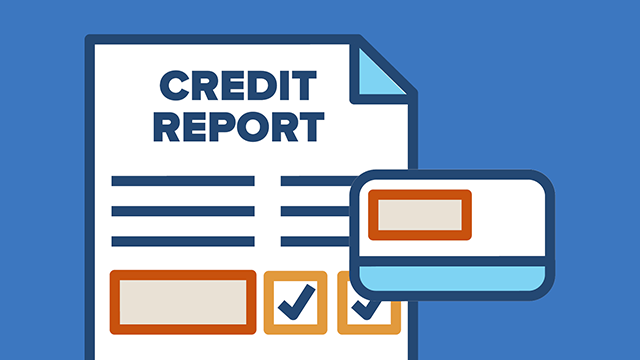
Whether you’re applying for a mortgage, car loan, credit card, or even renting an apartment, your credit score plays a pivotal role in determining your financial health and opportunities. But here’s the kicker: your credit score isn’t a static number. It’s dynamic, influenced by various factors, and subject to change over time. That’s why it’s crucial to regularly monitor your credit score and report. In this blog post, we’ll delve into why this practice is so important and how it can benefit you in the long run.
1. Catch Errors Early
Credit report errors are more common than you might think. From incorrect personal information to erroneous account details, these mistakes can wreak havoc on your credit score. By regularly monitoring your credit report, you can catch these errors early and take steps to correct them before they cause significant damage. Remember, even minor discrepancies can have a major impact on your creditworthiness.
2. Detect Identity Theft
Identity theft is a growing concern in today’s digital age. Cybercriminals are constantly devising new ways to steal personal information and commit fraud. Monitoring your credit report allows you to spot unauthorized activity and potential signs of identity theft. Whether it’s unfamiliar accounts, inquiries, or sudden drops in your score, early detection is key to mitigating the damage caused by identity theft.
3. Track Financial Progress
Your credit score isn’t just a number—it’s a reflection of your financial habits and behaviors. By regularly monitoring your credit score, you can track your financial progress over time. Are your efforts to pay down debt paying off? Have you been making timely payments on your loans and credit cards? Monitoring your credit score allows you to see the impact of your financial decisions and make adjustments as needed.
4. Prepare for Major Financial Decisions
Whether you’re planning to buy a home, lease a car, or apply for a new credit card, your credit score will play a significant role in the process. By monitoring your credit score regularly, you can ensure that you’re in the best possible position to make major financial decisions. If your score needs improvement, you’ll have time to take steps to boost it before applying for credit.
5. Stay Proactive About Your Financial Health
At the end of the day, your credit score is a reflection of your overall financial health. By regularly monitoring your credit score and report, you’re taking a proactive approach to managing your finances. Rather than waiting until you’re in a financial bind, you’re staying ahead of the curve and making informed decisions about your credit and borrowing habits.
In conclusion, regularly monitoring your credit score and report is an essential practice for anyone serious about their financial well-being. From catching errors and detecting fraud to tracking your progress and preparing for major financial decisions, the benefits are undeniable. So don’t wait until it’s too late—start monitoring your credit today and take control of your financial future.
